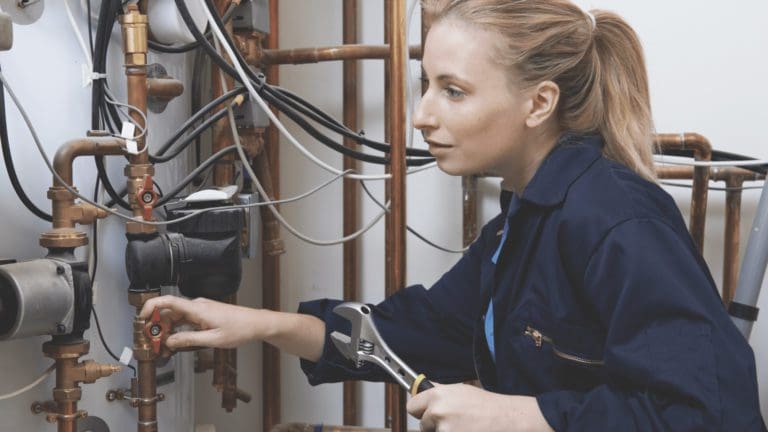
As governments tighten energy efficiency rules, they are also tightening rules on the carbon emissions and primary energy* consumption of replacement appliances in domestic buildings. These rules apply to all combustion appliances.
In England, Scotland, Wales, Northern Ireland, and the Channel Islands it may not be compliant with building regulations guidance to replace an existing appliance with one that runs on a different fuel or energy source. For example, in England and Wales a replacement appliance should:
- be as efficient as the minimum seasonal efficiency stated in building regulations guidance,
- not produce more carbon emissions than the existing appliance, and
- not have a higher primary energy demand than the existing appliance.
How does this affect the installation of oil boilers? Take a look at Table 1. It gives examples of when it would or would not be compliant to install an oil boiler to replace an existing appliance in England or Wales. As you can see, in this scenario it is not permissible to replace existing electrically-powered heating systems. Further, an oil boiler could not compliantly replace a wood pellet-fired appliance unless it had the impossibly low efficiency of less than 16.55%!
Your region may have slightly different rules to England and Wales and every replacement appliance installation will vary in detail. So how do you know whether a proposed installation is compliant?
Free calculation tools
OFTEC has produced three free calculation tools that can be used to determine whether a planned appliance replacement would be compliant or not. One for England and Wales, one for Scotland, and one for Northern Ireland, Isle of Man, and the Channel Islands. They can be used for all fuel types, including solid fuel. They are available on the OFTEC portal under the technical resources section.
So far, we have been discussing oil fired appliances. The situation is better for Hydrotreated Vegetable Oil (HVO) appliances. For example, Table 2 shows that installing an HVO boiler is compliant in some scenarios where an oil boiler would not be. Another reason why OFTEC is working hard to convince governments of the benefits of HVO.
Ignoring the information above could be very costly to an installer. Non-compliant installations will be deemed not compliant with building regulations which means rectification work will be required.
If you have questions about the use OFTEC’s calculation tools or cannot find the efficiency of existing appliances, contact OFTEC’s technical team who can advise you on the steps to take.
*Primary energy refers not only to the energy of the fuel itself but also the upstream activities involved in the production of the fuel e.g. extraction, processing, and transportation of fuels.
